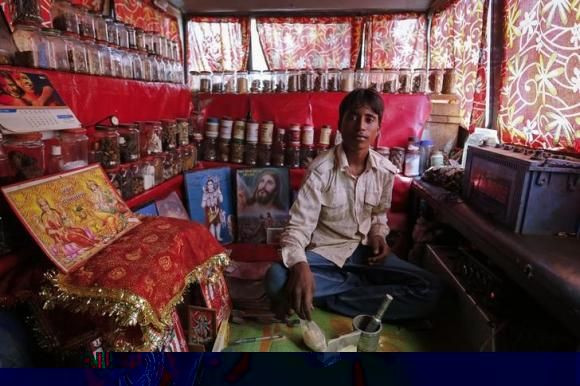India To Set Up New Drugs Regulator For Traditional Medicines

(Reuters) - India is seeking to increase sales of its ayurvedic and other traditional therapies in the estimated $100 billion global market for alternative medicine and plans to set up a new quality control regulator, the government said on Thursday.
Ayurveda is an ancient Indian health system that includes medicines, meditation, exercise and dietary guidelines practiced by millions on the Indian subcontinent and increasingly in the West.
But Health Minister Harsh Vardhan said India's share in the global market for such medicines remained "negligible" compared to countries like China, and quality standards failed to meet international specifications.
"The government has decided to address this lacuna," Vardhan said in a statement.
"It is a pity that China has captured such a huge share of the world market whereas India's presence is non-existent."
Ayurvedic and other traditional therapies are popular in Indian rural areas which still have poor access to modern health facilities. Homeopathic medicines also find wide acceptance.
Under the new universal health plan, Prime Minister Narendra Modi's administration aims to offer 30 free traditional medicines to all its citizens, a senior health ministry official told Reuters last week.
On Thursday, the government said it would provide financial support to traditional drugs manufacturers to help them enhance quality and meet global standards.
Other products such as creams and oils containing ayurvedic herbs are manufactured by domestic companies such as Dabur and Emami. The Indian market for such products registered a 13 percent growth in 2013, according to Euromonitor International.
© Copyright IBTimes 2024. All rights reserved.




















